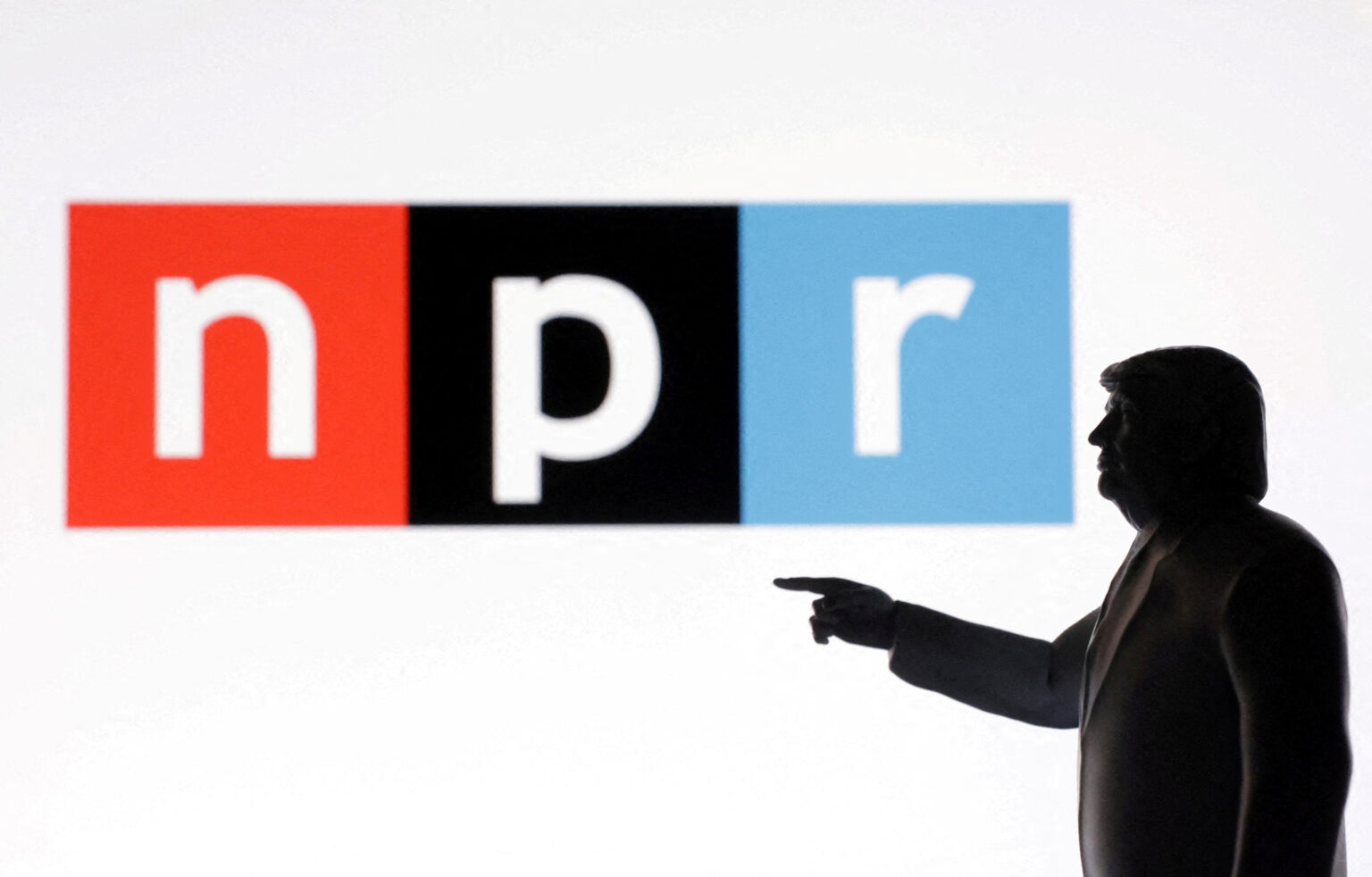Legal Challenge to Federal Funding Cuts: A Defense of Press Freedom
In a bold move against the Trump administration’s aggressive stance toward the American media landscape, a coalition of public broadcasters has initiated a lawsuit that could significantly bolster protections for press independence. This legal action targets a recent executive order that reduces federal support for outlets labeled as “biased media” by the administration, raising constitutional questions about free speech rights under the First Amendment.
Background of the Legal Action
The lawsuit, spearheaded by NPR along with three Colorado-based public radio stations-KSUT, Roaring Fork, and Colorado Public Radio-challenges an executive directive issued on May 1st. The order aims to cut federal funding to media organizations the president deems to have a political bias, a move critics argue infringes upon constitutional protections of free expression. Lawyers representing the broadcasters contend that the order violates the First Amendment by targeting specific news outlets based on their coverage, particularly those that report critically on the administration.
Context and Political Climate
This legal confrontation emerges amid a broader pattern of the Trump administration’s efforts to scrutinize and diminish outlets that challenge its narratives. Throughout his tenure, President Trump has publicly disparaged certain media organizations, branding them as “fake news” or “enemy of the people,” and has taken legal and administrative steps to limit their reach. For instance, the administration has barred the Associated Press from the White House and Air Force One after disputes over terminology, and has sued major networks over alleged biased reporting.
Legal and Political Implications
Legal experts widely view NPR’s case as having strong merit, emphasizing that the administration’s actions appear to be retaliatory rather than based on legitimate policy concerns. The lawsuit asserts that the executive order is a clear form of viewpoint discrimination, targeting NPR and similar outlets because of their editorial stance. This approach, critics argue, undermines the core principles of press freedom enshrined in the First Amendment.
Statements from Key Stakeholders
Jessica Levinson, a law professor at Loyola Law School and host of the Passing Judgment podcast, commented that President Trump’s explicit justification for defunding NPR and PBS-namely, their perceived political bias-may ultimately be his undoing. She explained, “Trump’s admission that he’s using his executive power to punish outlets he disagrees with could be a pivotal legal vulnerability.”
Levinson further noted that the administration’s actions are not merely about political coverage but are explicitly aimed at silencing outlets that report on issues the president finds inconvenient, thus constituting “retaliation and viewpoint discrimination.”
Historical Patterns and Recent Incidents
This lawsuit is part of a broader pattern of the Trump administration’s confrontations with the media. For example, the Associated Press was barred from the White House after refusing to use the term “Gulf of The USA” to describe the Gulf of Mexico, and CBS News faces a $10 billion lawsuit over alleged selective editing of an interview with Vice President Kamala Harris. The Des Moines Register has also been targeted over pre-election polling data that showed Harris leading Trump in Iowa.
Public Media’s Response and Defense
NPR has publicly opposed the funding cuts, emphasizing their importance for maintaining a diverse and independent media landscape. Katherine Maher, NPR’s CEO, stated in an interview that the administration’s actions appear to be punitive, driven by political motives rather than legitimate policy concerns. She underscored that NPR’s rights to free speech and press freedom are fundamental to democracy, and that any infringement warrants legal challenge.
Maher highlighted that the proposed funding reductions would have a devastating impact on local communities nationwide, where public media stations serve as vital sources of information and community engagement. She emphasized that public media is rooted in a tradition of public-private partnership that benefits the American public.
Official Responses and Justifications
In response, White House spokesperson Harrison Fields defended the administration’s actions, asserting that the president is exercising his lawful authority to ensure taxpayer dollars are used efficiently. Fields claimed that the funding cuts are a reflection of the president’s mandate to prioritize fiscal responsibility and to prevent the government from supporting outlets that promote a particular political agenda.
Looking Ahead: The Future of Public Media and Free Speech
This legal challenge marks a critical juncture in the ongoing debate over government influence on the media. As the case unfolds, it will serve as a test of the limits of executive power and the resilience of press freedoms in the United States. The outcome could set a precedent for how government funding and regulation intersect with constitutional rights, especially in an era of heightened political polarization and misinformation.

